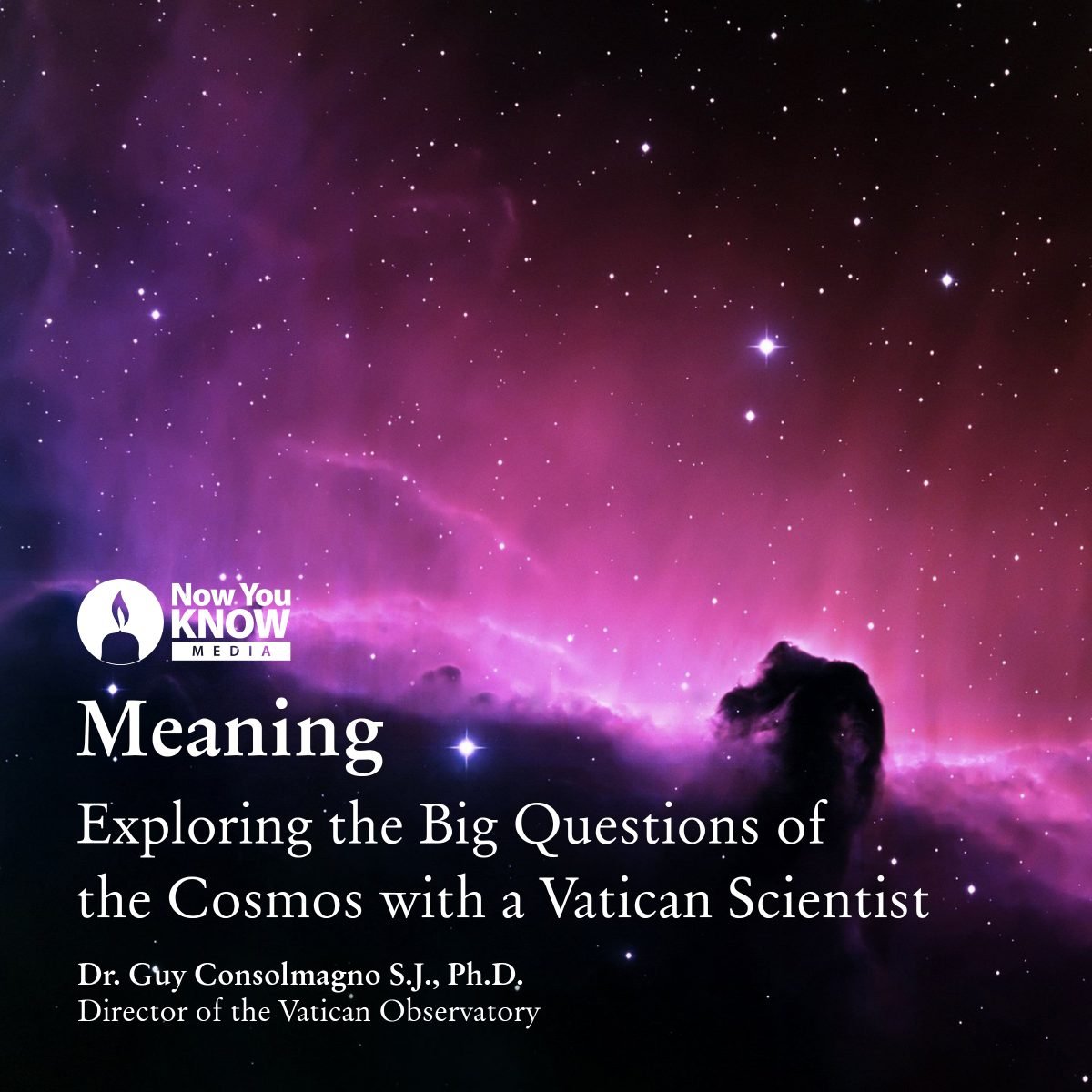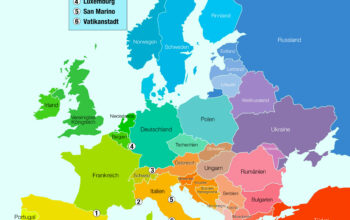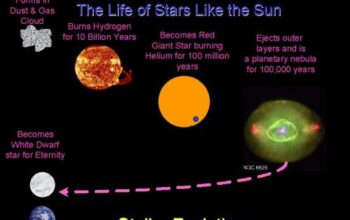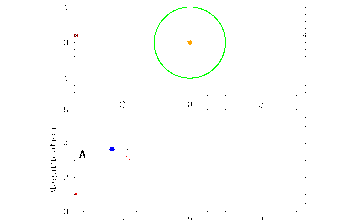As we peer into the vast expanse of the cosmos, a question emerges that intrigues both scientists and philosophers alike: How might humanity unite in its quest to address the profound enigmas of the universe? This thought-provoking inquiry beckons us to consider the peculiar juxtaposition of our fragile earthly existence against the backdrop of an almost incomprehensibly vast universe, teeming with mysteries and phenomena waiting to be explored. Cooperation across multiple disciplines and perhaps even among diverse species could be the catalyst for uncovering these big questions that transcend our terrestrial boundaries.
One might ponder: Can a collective cognitive force spanning multiple disciplines transcend individual expertise to illuminate the cosmos? Indeed, as humanity grapples with existential inquiries—ranging from the origin of cosmic structures to the nature of dark matter—an interdisciplinary approach becomes indispensable. Collaboration between physicists, cosmologists, astronomers, and even fields such as philosophy, ethics, and sociology is vital for weaving a comprehensive narrative. It is not merely about pooling knowledge; it is about enriching perspectives. Each discipline brings a unique lens through which to scrutinize the universe’s mysteries.
The challenge, however, lies in harmonizing these varied paradigms. How do we navigate the epistemological divides that often exist between the qualitative inquiries of philosophy and the quantitative analyses that dominate the sciences? Cooperative frameworks must be established to facilitate dialogue, thereby allowing the nuances of each discipline to inform and enhance one another. Such integration could foster a culture where a physicist’s equations resonate with a philosopher’s meditations on existence, leading to richer, more nuanced conclusions about cosmic phenomena.
Consider, for instance, the great question of cosmic origins—how did the universe emerge from the singularity of the Big Bang? This profound query encapsulates both scientific rigor and philosophical depth. The scientific discourse demands rigorous data collection and analysis, but it can also benefit immensely from philosophical inquiry into concepts such as time and causality. A true understanding of this event may not only require empirical evidence but also an exploration of the metaphysical implications inherent in the very concept of creation. Herein lies the opportunity for cross-pollination; physicists present findings that prompt philosophical reflection, while philosophers reciprocate by questioning the assumptions underlying those findings.
Moreover, as we seek to answer big questions, the possibility of extending our search beyond Earth into the realm of astrobiology introduces another layer of complexity and excitement. The inquiry into whether life exists beyond our planet poses tantalizing possibilities. Should we discover extraterrestrial intelligence, how would we initiate a dialogue? How do we communicate abstract concepts across potentially vast differences in understanding and experience? Cooperation would not only be essential among humans; it may extend to the species we encounter, should there be any.
Furthermore, the ethical considerations surrounding space exploration and the potential for contact with extraterrestrial life form an essential aspect of this inquiry. Questions arise concerning our moral obligations to protect not just our planet but also any other forms of life we may encounter. This intricate web of ethical questioning necessitates input from ethicists, scientists, and lawmakers alike. Thus, cooperation must stretch beyond the confines of established disciplines, reaching into the realms of governance and ethical frameworks.
Moreover, the grand tapestry of human understanding of the cosmos is further enriched by the input of diverse cultural perspectives. Different civilizations have crafted their own narratives regarding the universe’s formation and humanity’s role within it. These stories, while rooted in distinct traditions and beliefs, often converge toward similar existential themes. They provide a broad spectrum of interpretations that can inform scientific endeavors and foster a sense of shared purpose in addressing universal questions. Cooperation among cultural narratives can illuminate paths untraveled, uncovering insights that might otherwise remain obscured by the limitations of a singular worldview.
As we cast our gaze toward the distant stars, the prospect of realizing sustainable partnerships becomes significantly pertinent. International space missions where countries unite around a common goal epitomize this spirit of cooperation. The International Space Station serves as a veritable microcosm of this potential, showcasing human ingenuity at its finest. This collaborative endeavor not only allows for sophisticated scientific experimentation but also cultivates interpersonal connections, fostering goodwill among nations. It offers a potent reminder that, despite our myriad differences, a collective quest for knowledge can transcend geopolitical divides.
Yet, we must not underestimate the obstacles that stand in the way of such cooperative efforts. The path toward unification in the quest for cosmic understanding is fraught with challenges—political dissent, funding disparities, and ideological divides can impede progress. However, facing these challenges head-on can serve to galvanize a more profound commitment to cooperative actions. The stakes are too high, and the questions too pressing for humanity to remain isolated within its circumscribed boundaries.
In conclusion, as we traverse the intricate labyrinth of existence, the drive to cooperate across disciplines, cultures, and even species emerges as an essential strategy for confronting the universe’s most substantial questions. Embracing interdisciplinary collaboration can serve not just as a means to uncover the mysteries of the cosmos but as a unifying endeavor that underscores the importance of shared knowledge and collective responsibility. As humanity contemplates its place within the greater cosmos, the essential inquiry remains: In the face of such expansive and profound questions, how can we, as a collective, rise to the challenge? The answer may lie in our ability to transcend the boundaries that separate us, forging a future grounded in collaboration and mutual respect.












